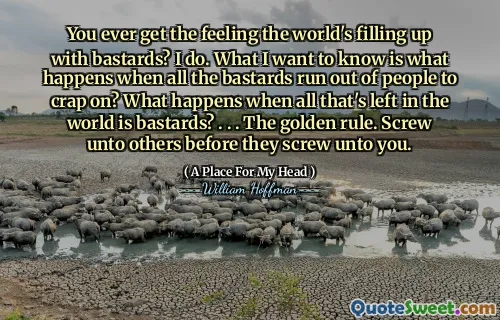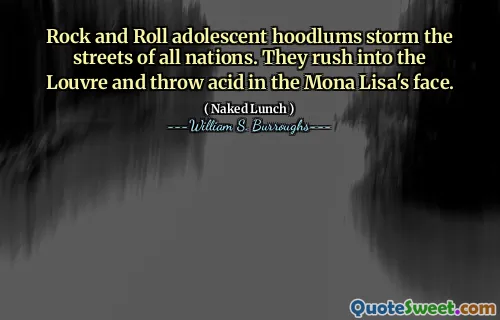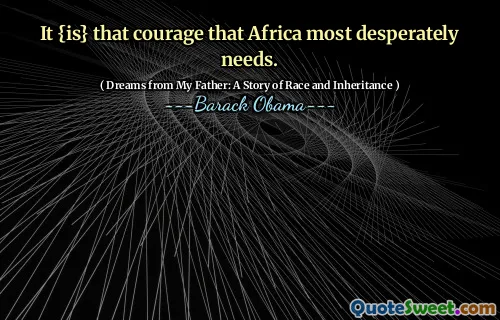
You ever get the feeling the world's filling up with bastards? I do. What I want to know is what happens when all the bastards run out of people to crap on? What happens when all that's left in the world is bastards? . . . The golden rule. Screw unto others before they screw unto you.
This quote offers a cynical reflection on human nature and societal dynamics. It highlights a perception that malevolent or selfish behavior is proliferating, raising concerns about morality and reciprocity in the world. The speaker ponders a bleak scenario: if people with malicious intentions keep increasing, eventually there will be no 'innocent' or 'decent' individuals left, leaving a world dominated solely by 'bastards.' This leads to a vicious cycle, where the fundamental principle of the Golden Rule—treat others as you want to be treated—is overturned into a 'might makes right' philosophy: "Screw unto others before they screw unto you." Such thinking promotes distrust, aggression, and selfishness, potentially spiraling into chaos or moral decay.
Reflecting on this, I think about the fragile balance of morality and societal norms. When empathy diminishes and self-interest takes precedence, social cohesion frays. This quote underscores how certain behaviors, if unchecked, can undermine the fabric of community and trust. The question it raises is about the consequence of widespread cynicism and selfishness—the erosion of mutual respect could lead to a survival of the fittest scenario, where only the ruthless thrive.
However, it also serves as a call for awareness. Recognizing this descent into brutal self-interest might motivate efforts to reinforce compassion, fairness, and community values. It prompts us to consider the long-term sustainability of a society built solely on self-interest and to ponder whether the solution is more empathy or a shift back toward moral principles that prioritize collective well-being. Ultimately, it questions whether human nature is irredeemably selfish or capable of higher virtues.
The quote elicits a reflection on what kind of world we want to live in—and the importance of moral integrity amidst a potentially chaotic and self-serving environment.





